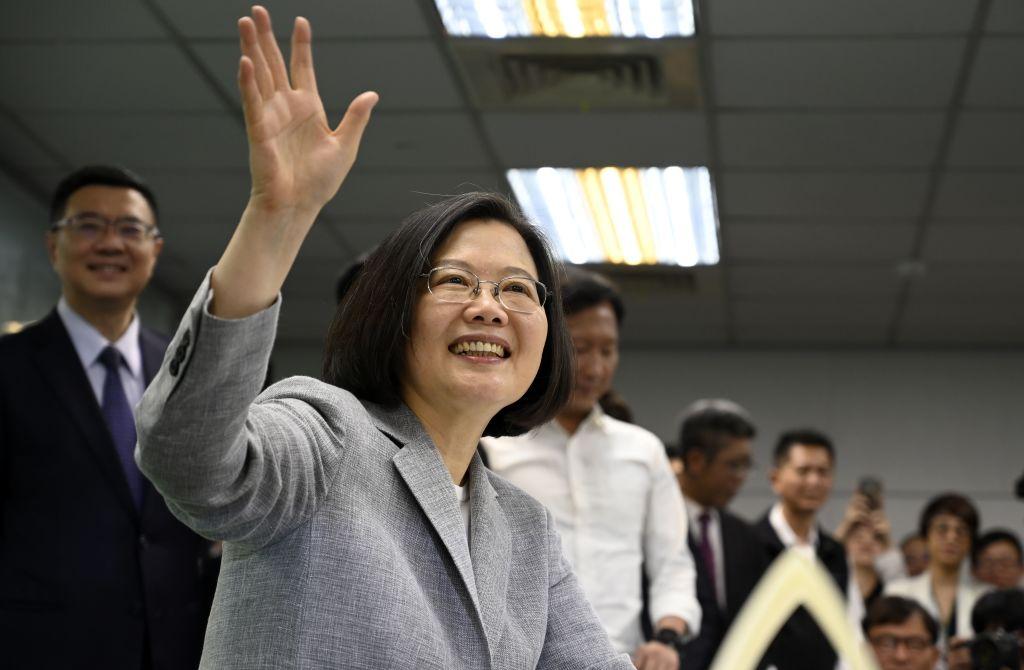TAIPEI, Taiwan—Relations between Washington and Taipei have elevated to a level not seen in decades, reflected in a name change of the Taiwan government’s de facto organization for handling Taiwan-U.S. relations.
Taiwan’s Ministry of Foreign Affairs announced the name change on its official Twitter account on May 25, saying that the embassy will now be called the Taiwan Council for US Affairs (TCUSA); it had been known as the Coordination Council for North American Affairs (CCNAA).





